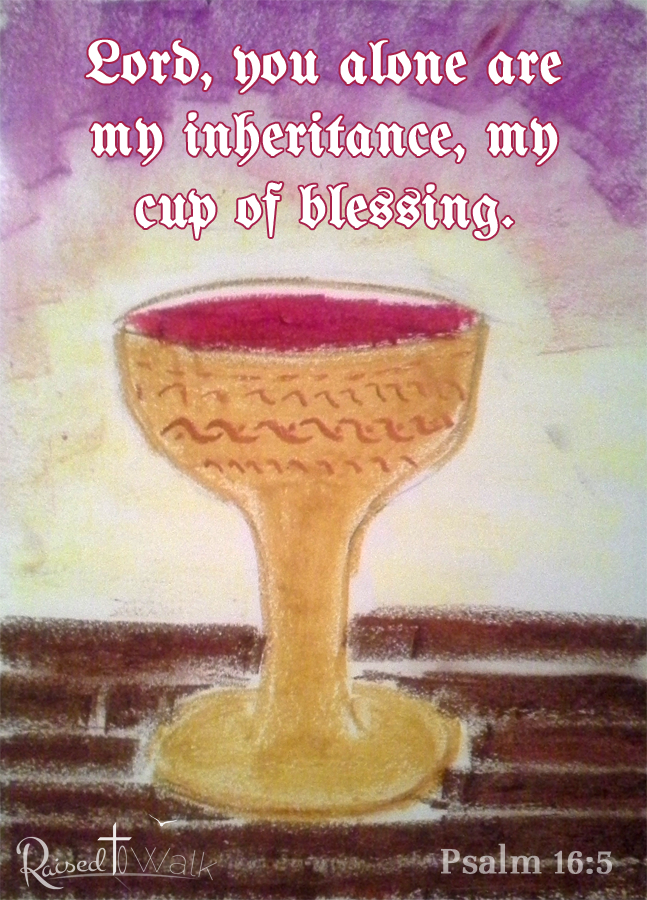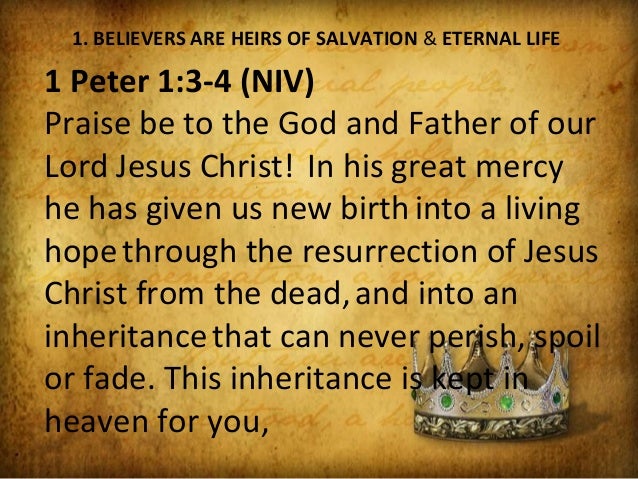

This work should be done in consultation with your estate planning attorney. Typically, it is good practice to leave a sufficient amount to the child that deters them from challenging the will or trust. He can sign a will or execute a trust leaving all his assets to his wife. Imagine a husband wants to prevent a child from a previous marriage from claiming any inheritance. Also, a husband can choose to ensure his wife receives his entire estate when he passes through proper estate planning.

A classic example is where the husband dies without a trust or last will and has no other surviving next of kin.
#DO I HAVE TO SHARE MY INHERITANCE WITH MY HUSBAND FREE#
Have questions? Schedule a free consultation right now at Does the Wife Get Everything When the Husband Dies?Ī wife certainly can receive everything when a husband dies. If you’re a surviving spouse who is being told you are not going to receive your fair share of your deceased husband’s estate either through a will, trust, intestacy or other document, then you need to consult a probate litigation attorney who can help you determine and enforce your rights, which may include contesting a will, trust, or other distribution in court. This is because each spouse owns one-half of all community property earned during marriage, and this is true regardless of which spouses earned or acquired the community property. community property), absent a pre-nuptial or post-nuptial agreement that states otherwise. At Rainey Collins we have an experienced team who can answer your questions and put you on the right track.In California, a community property state, the surviving spouse is entitled to at least one-half of any property or wealth accumulated during the marriage (i.e. Leading law firms committed to helping clients cost-effectively will have a range of fixed-price Initial Consultations to suit most people’s needs in quickly learning what their options are. However care needs to be taken to ensure that your partner or spouse is not added as a beneficiary of the Trust. Pre-existing Trusts can also provide some degree of protection around the holding of inherited items. This requires a fairly standard clause that is present in most contracting out agreements as most people would agree that inherited items, particularly from grandparents and items that are family heirlooms, should remain as separate property. One way to obtain certainty around inherited items is to include them as separate property in a contracting out agreement. If you inherited a piece of art, and it was never displayed in the home, then it will remain separate property.

The exception to this is if this item has been used for the benefit of the relationship.įor example, if you were to inherit a motor vehicle or a boat from a relative through a Will and you used the motor vehicle or boat for the benefit of your relationship with your spouse or partner, then there is a high chance that motor vehicle or boat would become relationship property. In terms of physical items, if they are inherited then generally they will stay as separate property, even upon division of relationship property. The same applies if you were to transfer those assets into a Trust that was formed prior to the relationship. If you transferred that same cash asset into a bank account that you opened before the relationship began (and did not use that account during the relationship) then that asset would remain as separate property. If those inherited items or cash assets are mixed with relationship property, then they are likely to then become relationship property.įor example, if you were to receive a cash payment as part of an entitlement under a Will and you transferred that cash into a joint account owned by you and your spouse or partner, then that cash asset would become relationship property. If those items or cash assets continue to stay separate property, upon separation they will not form part of the items that would need to be divided under a relationship property division.

Does my inheritance count as relationship property?Īny assets which someone inherits through a Will or a Trust, whether those assets are physical items or cash assets, as a general rule, start as separate property.


 0 kommentar(er)
0 kommentar(er)
